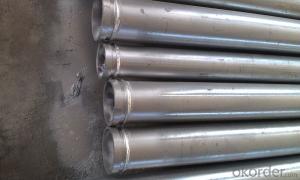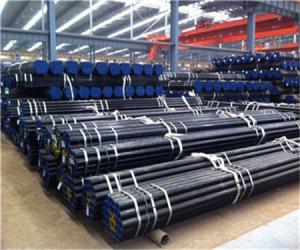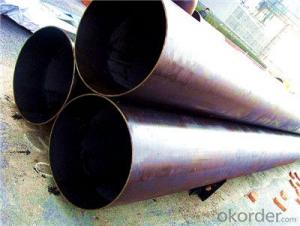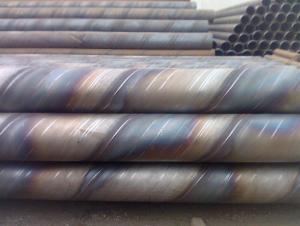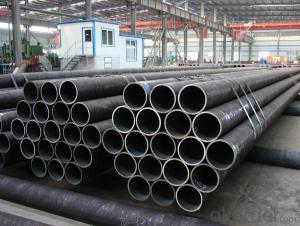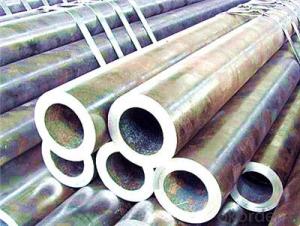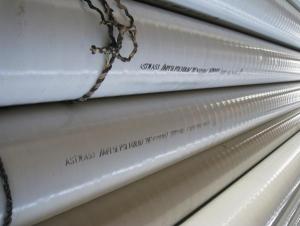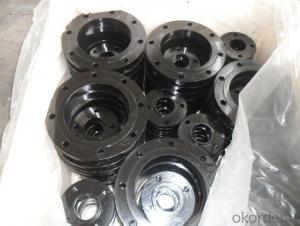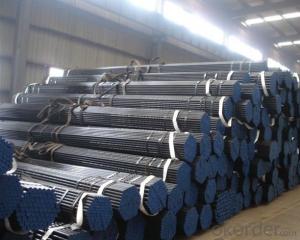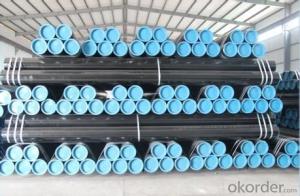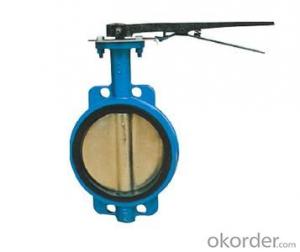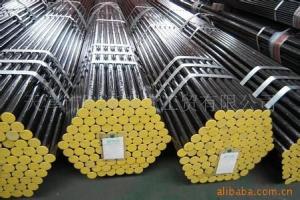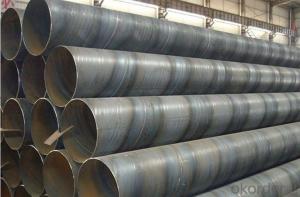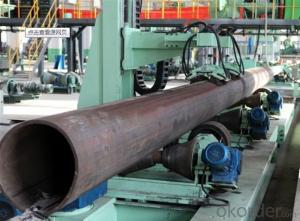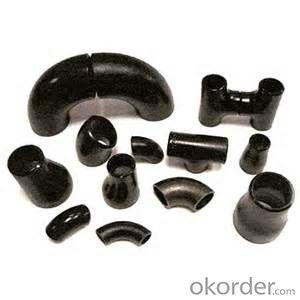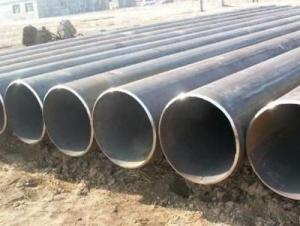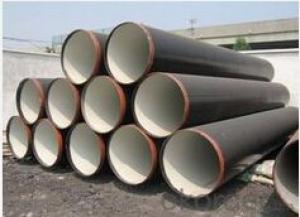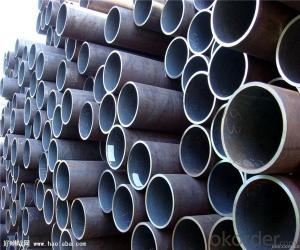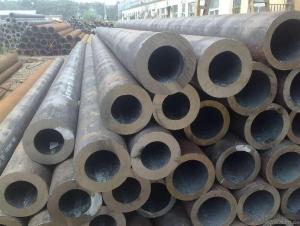All Categories
- - Steel Wire Rod
- - Steel Coils
- - Steel Profiles
- - Steel Pipes
- - Stainless Steel
- - Tinplate
- - Special Steel
- - Steel Sheets
- - Steel Rebars
- - Steel Strips
- - Hot Rolled Steel
- - Cold Rolled Steel
- - Pre-painted Steel
- - Seamless Steel Pipe
- - Welded Steel Pipe
- - Hollow Steel Tubes
- - Galvanized Pipe
- - Stainless Steel Coil
- - Stainless Steel Sheet
- - Stainless Steel Plate
- - Stainless Steel Strips
- - Electrolytic Tinplate Coil
- - Electrolytic Tinplate Sheet
- - Stainless Steel Rebars
- - Solar Panels
- - Solar Water Heater
- - Solar Related Products
- - Solar Inverter
- - Solar Cells
- - Solar Light
- - Solar Energy Systems
- - Solar Controllers
- - Solar Mounting System
- - Solar Pump
- - Solar Chargers
- - Fiberglass Chopped Strand
- - Fiberglass Mesh Cloth
- - Composite Pipes
- - FRP Pultrusion Profiles
- - Fiberglass Mat Tissue
- - Fiberglass Fabrics
- - Fiberglass Mesh
- - Composite Tank
- - Fiberglass Mesh tape
- - Polymer
- - FRP Roofing Panel
- - Fiberglass Roving
- - Monolithic Refractories
- - Ceramic Fiber Products
- - Refractory Bricks
- - Raw Materials For Refractory
- - Suspended Platform
- - Cranes
- - Concrete Machinery
- - Earthmoving Machinery
- - Building Hoist
- - Road Building Machinery
- - Plastic Pipe Fittings
- - Plastic Tubes
- - Plastic Sheets
- - Agricultural Plastic Products
- - Plastic Nets
 All Categories
All Categories
Q & A
What is the role of steel pipes in the healthcare industry for medical vacuum systems and laboratory gases?
Steel pipes play a crucial role in the healthcare industry for medical vacuum systems and laboratory gases by providing a reliable and durable conduit for the transportation of these essential fluids. They ensure a clean and uncontaminated environment, preventing leaks and maintaining the integrity of the gases and vacuum systems. Additionally, steel pipes are resistant to corrosion and high pressure, making them ideal for safely transporting hazardous or sensitive materials commonly used in healthcare settings.
How do you ensure the proper alignment and orientation of steel pipe joints during installation in critical applications?
To ensure the proper alignment and orientation of steel pipe joints during installation in critical applications, several key steps can be taken. Firstly, thorough planning and measurement are crucial to accurately position the joints. This includes using precision instruments and following precise guidelines or specifications provided by experts or manufacturers. Additionally, employing skilled and experienced professionals who are well-versed in pipe installation techniques can greatly contribute to achieving the desired alignment and orientation. Proper supervision and regular inspections throughout the installation process are also essential to detect and address any deviations or misalignments promptly. Lastly, utilizing specialized tools and equipment designed for aligning and orienting pipe joints can further enhance the accuracy and efficiency of the installation process.
What are the key differences between steel pipes and cast iron pipes?
The key differences between steel pipes and cast iron pipes lie in their composition, strength, and durability. Steel pipes are made from a combination of iron and carbon, making them stronger and more resistant to corrosion. Cast iron pipes, on the other hand, are made solely from iron and are more prone to rust and degradation over time. Steel pipes are also lighter and easier to handle, while cast iron pipes are heavier and more brittle. Overall, steel pipes are preferred for their strength and longevity, while cast iron pipes may be suitable for certain applications where weight is not a concern.
Wholesale Steel Pipes from supplier in Sweden
We look forward to partnering with you and meeting all your Steel Pipes requirements in Sweden. Our dedicated team is ready to provide you with top-notch customer service and technical support. Whether you need assistance with product selection, customization, or delivery logistics, we have the expertise to support your projects.
At our company, quality is our top priority. We only source Steel Pipes from reliable and reputable manufacturers, ensuring that you receive products of the highest standard. Our commitment to customer satisfaction means that we will go above and beyond to meet your expectations and provide you with efficient and cost-effective solutions.
By choosing us as your trusted Steel Pipes supplier, you can rely on our extensive market knowledge and experience in Sweden. We understand the unique requirements and regulations of the region, allowing us to offer tailored solutions for your specific projects. Our aim is to become your long-term partner, providing you with consistent and reliable service.
Contact us today to discuss your Steel Pipes needs in Sweden. Our team is eager to assist you and provide you with the best products and services. Let us help you achieve success in your projects with our comprehensive range of Steel Pipes and exceptional procurement services.
At our company, quality is our top priority. We only source Steel Pipes from reliable and reputable manufacturers, ensuring that you receive products of the highest standard. Our commitment to customer satisfaction means that we will go above and beyond to meet your expectations and provide you with efficient and cost-effective solutions.
By choosing us as your trusted Steel Pipes supplier, you can rely on our extensive market knowledge and experience in Sweden. We understand the unique requirements and regulations of the region, allowing us to offer tailored solutions for your specific projects. Our aim is to become your long-term partner, providing you with consistent and reliable service.
Contact us today to discuss your Steel Pipes needs in Sweden. Our team is eager to assist you and provide you with the best products and services. Let us help you achieve success in your projects with our comprehensive range of Steel Pipes and exceptional procurement services.
